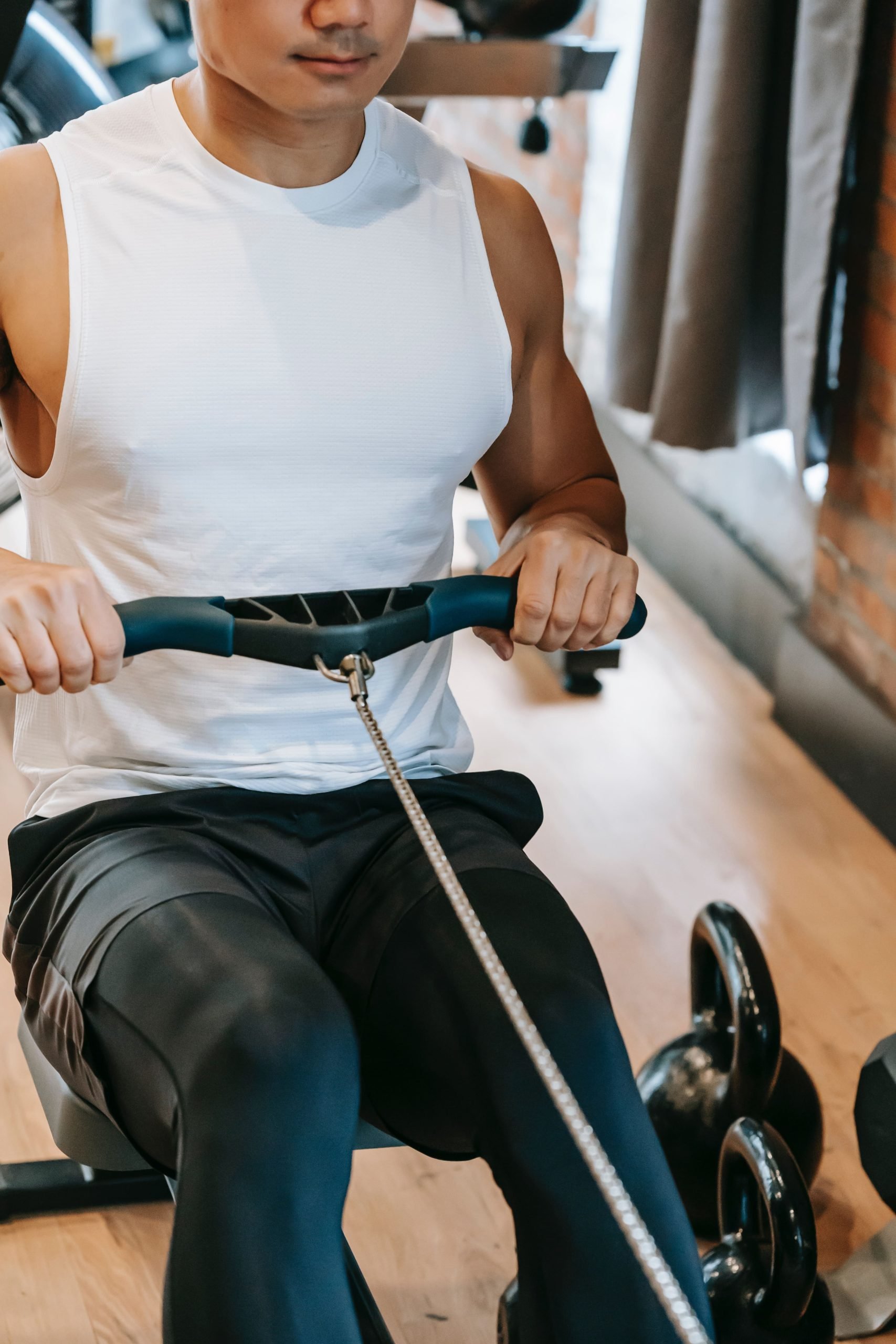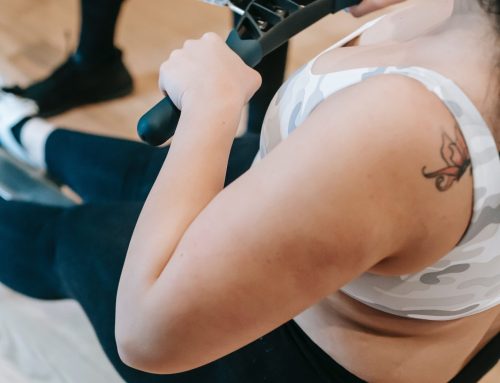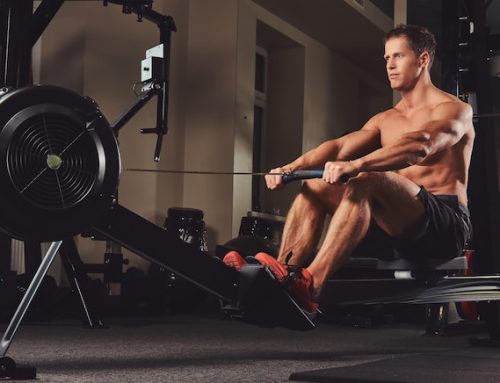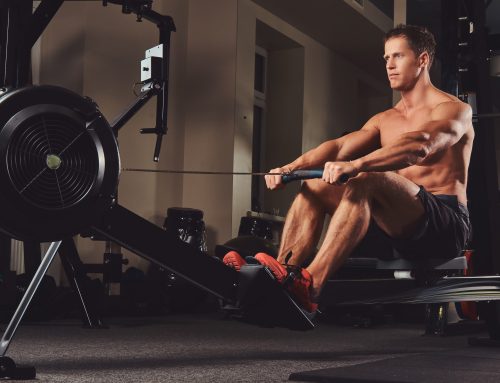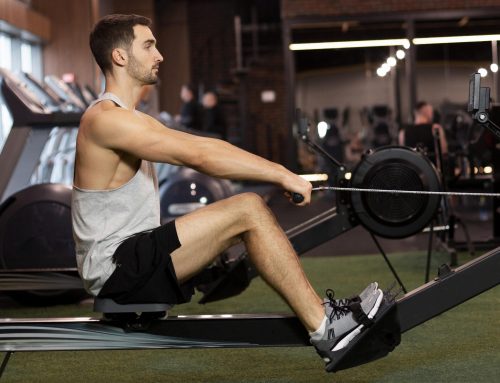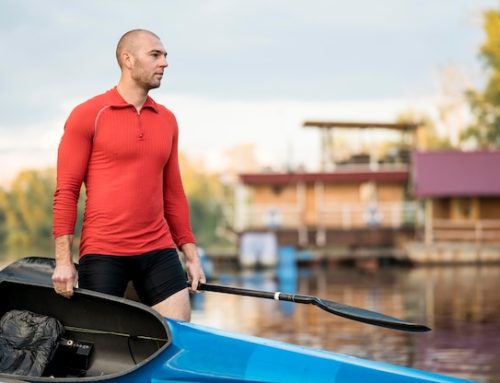Introduction
Rowing is regarded as one of the most physically demanding sports in the world. It requires a combination of power, technique, and endurance, and a lot of training. But does weight matter in rowing? Whether you’re an aspiring novice or an experienced athlete, understanding the role of weight in rowing can help you optimize your training regimen and ultimately improve your overall performance on the water.
Body Composition
Body composition is a critical factor in rowing. Athletes with a higher percentage of lean body mass tend to be more powerful and have greater endurance, which are both essential for success in rowing. However, excess body fat can impede performance, especially in high-calorie endurance events.
Coxswains
Coxswains play a vital role in rowing, as they are responsible for steering the boat and providing tactical direction to the crew. They are typically smaller in size than the rowers, and their body weight is crucial in keeping the boat balanced. Coxswains are usually no heavier than 125 pounds for men and 110 pounds for women.
Lightweight Rowing
Lightweight rowing is a category of rowing that emphasizes weight class. In competitive lightweight rowing, the maximum weight for men is 160 pounds, and the maximum weight for women is 130 pounds. Rowers who are above this weight limit cannot compete in lightweight rowing events.
Open-Weight Rowing
Open-weight rowing refers to rowing events where there are no restrictions on body weight. Athletes in open-weight rowing are generally larger and more muscular than lightweight rowers. They rely on their strength and power to propel the boat, rather than their body weight or body composition.
The Importance of Weight for Novices
For novice rowers, weight is less of a concern than for seasoned athletes. New rowers should focus on developing their technique and building their endurance before becoming too concerned with body composition. However, maintaining a healthy weight and body composition can help novices avoid injury and improve their overall performance on the water.
Conclusion
In conclusion, weight does matter in rowing, but in different ways depending on the level of competition and the athlete’s experience. Athletes must find a balance between body composition and performance, and coxswains must maintain a delicate balance to keep the boat stable. Regardless of your level of experience, it’s essential to focus on your technique, build your endurance, and maintain a healthy weight to succeed in rowing.
